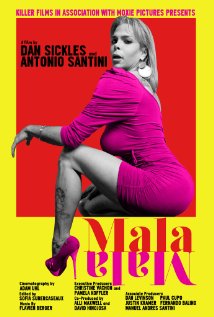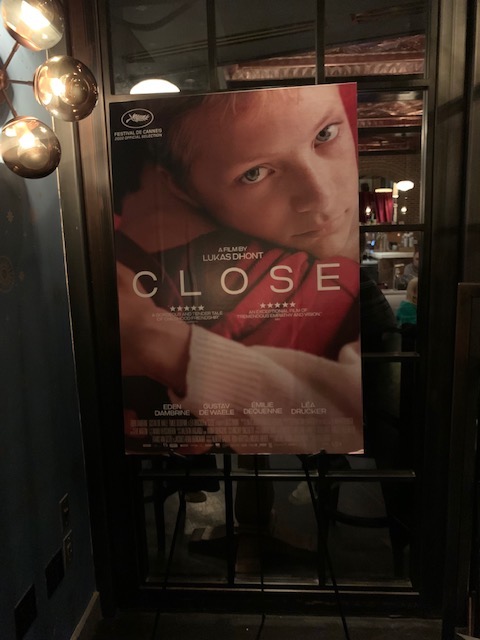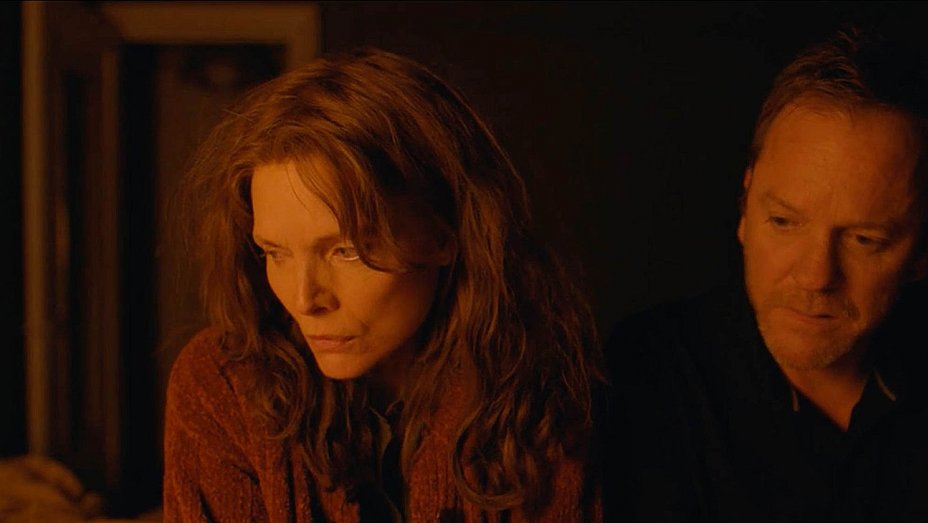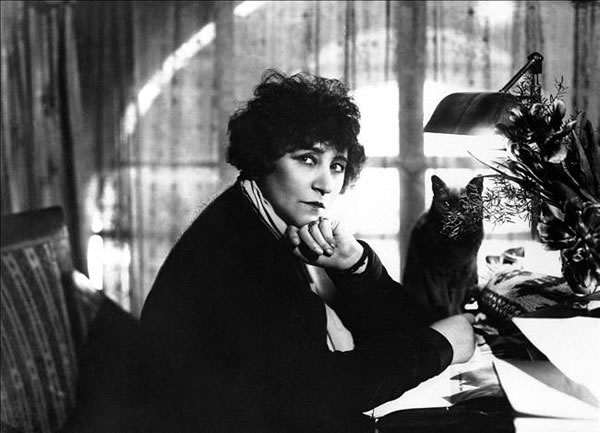Our Tribeca Film Festival coverage continues with Glenn on Mala Mala
 Christine Vachon is a national treasure. That is a fact. Without her then it’s highly questionable whether queer cinema would even exist in the somewhat minor capacity that it does. Seeing her name appear in the credits of Dan Sickles and Antonio Santini’s Mala Mala was a refreshing surprise because it’s rare to find documentaries with subject matter like this coming from such a major name, and yet also not at all surprising because the film has a beautiful polish to it that comes from having the resources that a name such as Vachon’s allows. It was also the film’s exceptional good fortune to get a connection to RuPaul’s Drag Race, too, giving the film a pop culture connection that can only help its important subject matter reach a wider audience.
Christine Vachon is a national treasure. That is a fact. Without her then it’s highly questionable whether queer cinema would even exist in the somewhat minor capacity that it does. Seeing her name appear in the credits of Dan Sickles and Antonio Santini’s Mala Mala was a refreshing surprise because it’s rare to find documentaries with subject matter like this coming from such a major name, and yet also not at all surprising because the film has a beautiful polish to it that comes from having the resources that a name such as Vachon’s allows. It was also the film’s exceptional good fortune to get a connection to RuPaul’s Drag Race, too, giving the film a pop culture connection that can only help its important subject matter reach a wider audience.
Mala Mala is a documentary that looks at the trans and drag communities of Puerto Rico. Focusing on several key members of the island nation’s community, it proves to be a funny, sad, poignant, and ultimately refreshing experience. I certainly wasn’t aware of Puerto Rico’s sizable community and their struggles and for that the film provides a valuable service. Even better, however, was that the filmmakers didn’t shy away from their subjects’ bad sides with some working as sex workers and others having very strong, unflinching thoughts about what it means to be trans. As a film that chronicles the efforts to get government equality for transgender men and women it proves to be a rousing one, but it is these darker corners that give it the power necessary to possibly become something akin to Paris is Burning for a new generation.

That groundbreaking 1990 documentary by Jennie Livingston lingers over the proceedings of Mala Mala like a vogueing ghost. Featuring former Drag Race contestant April Carrion (the reveal of what would have been her “Snatch Game” persona is a hoot) as she jets off to compete, it’s hard not to think of the Houses of Paris is Burning and the massive steps made in pop culture acceptance of not only gay and drag culture, but LGBTIQ people in general. Mala Mala doesn’t reach the stunning, soaring heights of that earlier film, but the two would make an outdragous double feature.
Even when the film falls into standard doc practices like talking heads, Mala Mala stands out from the documentary crowd. Exceptionally lensed with a vibrant use of color and framing as well as frequently hypnotic imagery, this is one of the most gorgeous docs in some time. The sound work, too, is wonderfully done, full of pulsating music that recreates the evocative sounds and beats of Puerto Rican drag life. This is most certainly not another drably assembled work of non-fiction (like, say, other Tribeca doc titles such as The Newburgh Sting and Regarding Susan Sontag), but an exciting fusion that suggests its debut directors have the smarts to potentially go far. Christine Vachon would be wise to take Sickles and Santini up on their shimmering, almost sensual promise as exhibited in Mala Mala, a vital new film in the constantly evolving landscape of queer cinema.
April Carrion (RuPaul's Drag Race) at the Tribeca premiere
 Wednesday, December 14, 2022 at 10:45PM
Wednesday, December 14, 2022 at 10:45PM  by Nathaniel R
by Nathaniel R






